
Responsible and Ethical Technologies
Evaluating potential consequences to mitigate negative effects. IPaT is shaping the human-technology frontier by growing human capabilities at every level. We're exploring new ideas in user experiences that foster creativity, stimulate learning and enable productive collaboration. Through this initiative, we're researching a variety of wearable computing, assistive, augmented reality, and gaming technologies. In addition, to insuring the alignment of these and other future technologies with responsible and ethical practices.

Initiative Lead: Allen Hyde
Allen Hyde leads responsible and ethical technologies research. Hyde is an associate professor in the School of History and Sociology in the Ivan Allen College of Liberal Arts. Hyde is a quantitative scholar whose main research areas are stratification and inequality, urban sociology, work and occupations, climate and disaster resilience, and immigration. He is currently conducting research on the effects of race/ethnicity and immigration status on homeownership, social and demographic change in Clarkston, GA (known as the most diverse square mile in America), and Principal Investigator for the Youth Advocacy for Resilience to Disasters Program research project funded by the National Science Foundation's Civic Innovation Challenge. He has also been principal investigator for a National Science Foundation Innovation Corps (I-Corps) grant. He received his Ph.D. from the Department of Sociology at the University of Connecticut.
Featured Ongoing and Previous Projects
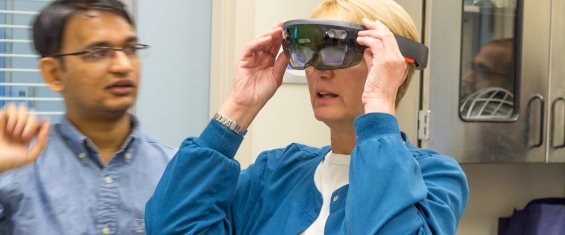
Augmented Reality Job Training
Emory University Hospital’s Serious Communicable Disease Unit (SCDU) worked with Georgia Tech researchers to create an augmented reality training program that helps to treat and protect patients with the Ebola virus.

Digital Drawer: A Crowd-Sourced, Curated, Digital Archive Preserving History and Memory
The Institute for People and Technology (IPaT) received an $86,000 grant from the National Endowment for the Humanities (NEH) to support The Digital Drawer: A Crowd-Sourced, Curated, Digital Archive Preserving History, and Memory. The Digital Drawer project will pilot a platform and method of gathering, curating, and disseminating crowd-sourced community memory, initially, the history of Georgia’s rural churches contained in endangered records in private collections dispersed across the state.
Featured Centers, Labs, and Initiatives

App Lab
Run by students, the App Lab in Technology Square Research Building 333 is where students (of all majors and levels of expertise) can work, learn, and find collaborators within the community or Georgia Tech’s many industry partners.
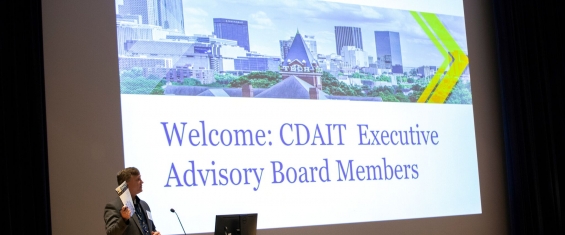
Center for the Development and Application of Internet of Things Technologies
The Center for the Development and Application of Internet of Things Technologies (CDAIT) fosters the development of interdisciplinary Internet of Things (IoT) research and education that bridges sponsors with Georgia Tech researchers and faculty as well as industry members who share similar interests.
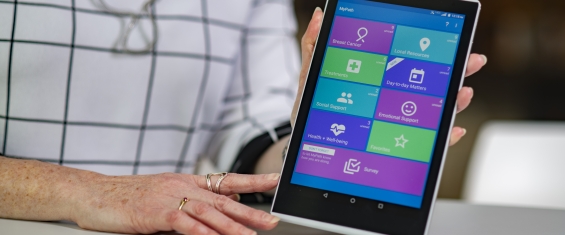
Everyday Computing Lab
The Everyday Computing Lab introduces a new area of interaction research, everyday computing, by focusing on scaling ubiquitous computing with respect to time. The lab’s motivations for everyday computing stem from wanting to support the informal and unstructured activities typical of much of our everyday lives.
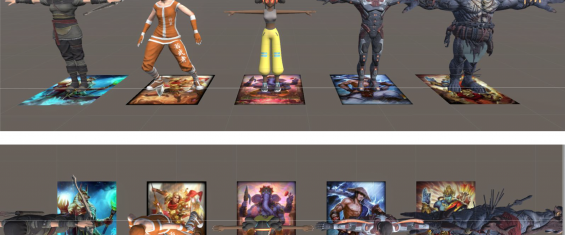
Gaming & Esports Applied Research (GEAR)
GEAR is a transdisciplinary team of computer scientists and engineers, health professionals, graphic designers, human-computer interaction scientists, and cognitive psychologists with the capacity to rapidly prototype, develop, evaluate, and deploy video games for a variety of research applications.
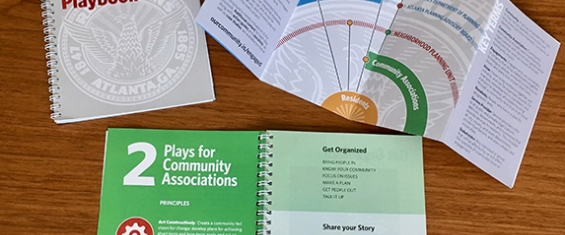
Participatory Publics Lab
PPL is a group of researchers, students, and community members working to define Digital Civics. The lab is focused on integrating design, technology, and public engagement to create the cities and communities we want to inhabit.
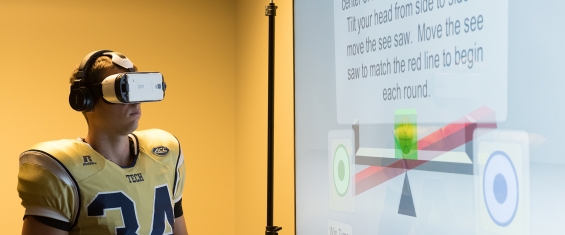
Sports Research Innovation and Technology Program (SPRINT)
Georgia Tech’s SPRINT program has access to a wealth of Georgia Tech resources. Georgia Tech conducts a wide range of research within the schools and colleges on campus.
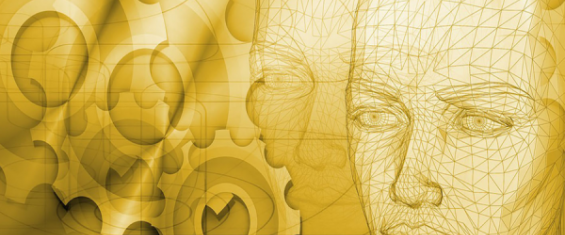
Work Science Center
The Work Science Center promotes the psychological study of people and work in the 21st century. The Center leverages knowledge from psychological sciences and allied disciplines to promote improved worker health, development, and well-being; increase organizational value through improved job quality and work-life; inform public policymakers to improve lives at work and beyond.




